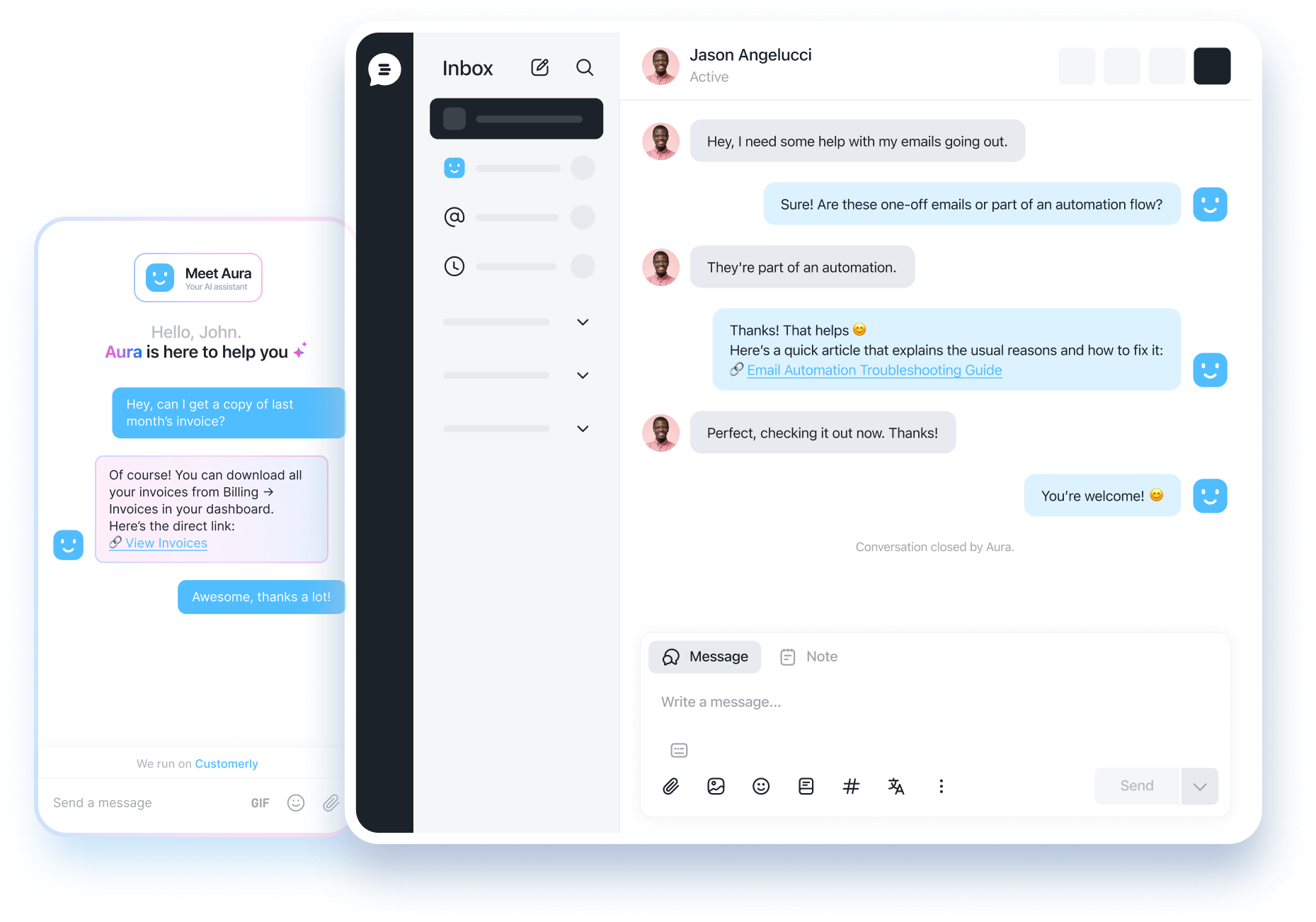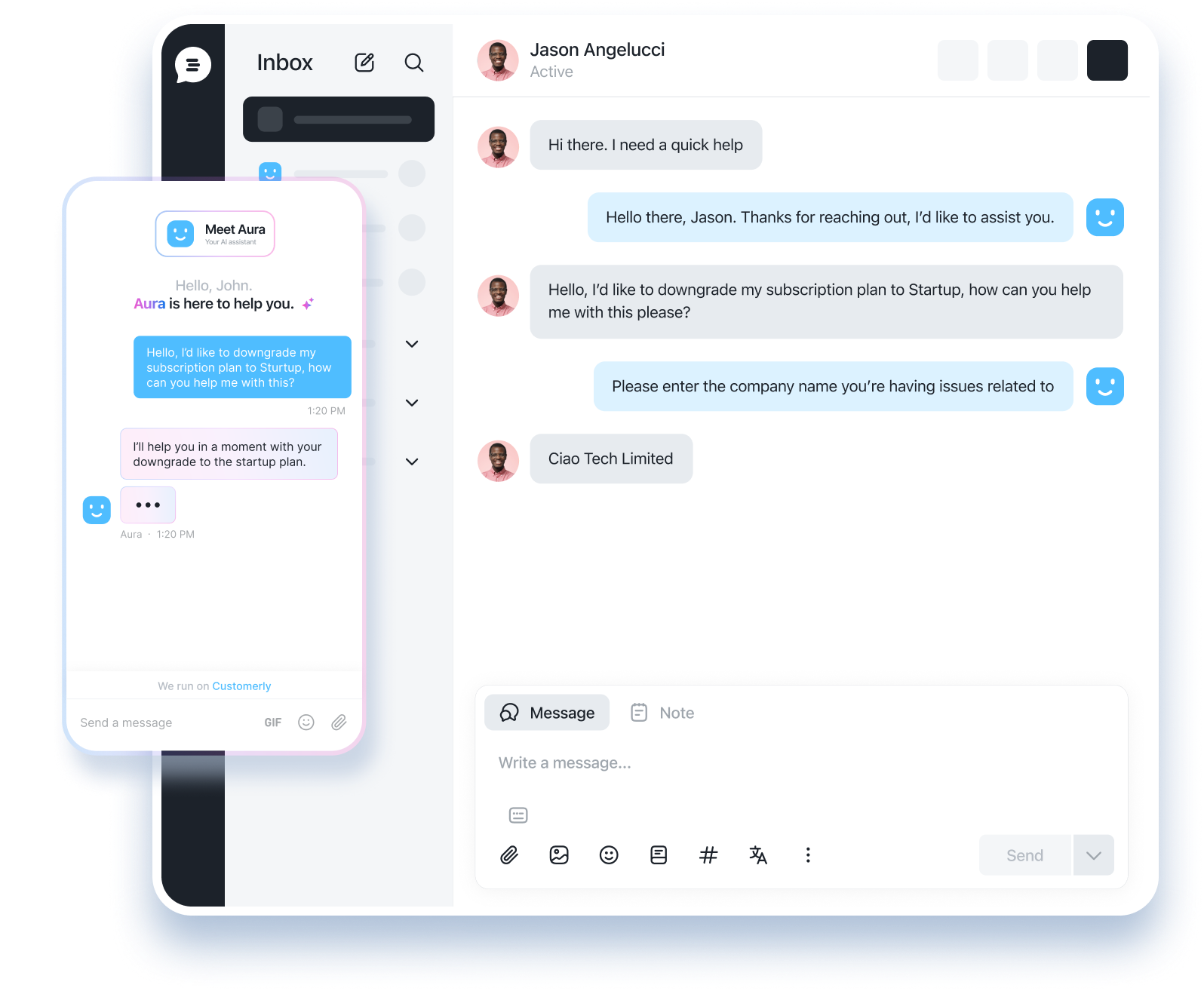

Experiential Marketing
Experiential Marketing is a strategy that engages consumers using branded experiences. It helps in creating a stronger connection between the consumer and the brand.
Definition
Experiential Marketing, often referred to as engagement marketing or event marketing, is a marketing strategy that engages consumers using branded experiences. These experiences could involve different forms such as events, on-site marketing engagements, or other innovative marketing strategies aimed at bringing brands to life and interacting directly with the target audience.
## Usage and Context Experiential marketing is used by brands to create unique, face-to-face branded experiences. For example, a beverage company might host a summer beach event where attendees can try their new drink. These strategies can create a more profound connection between the consumer and the brand by immersing them in a fun and memorable experience.
## FAQ - What is the purpose of experiential marketing? The primary purpose of experiential marketing is to create a closer bond between the consumer and the brand by immersing them in a memorable live experience. - How does experiential marketing work? It works by engaging consumers with the brand in an interactive manner, often through events or personal experiences that stimulate one or more of the five senses.
## Related Software Some related software for experiential marketing includes event planning tools, social media platforms, and analytics tools.
## Benefits Experiential marketing benefits brands by creating more substantial, emotional connections with consumers, generating word-of-mouth marketing, and leading to increased brand loyalty.
## Conclusion In conclusion, experiential marketing is a powerful tool for brands to connect with their consumers on a deeper level. It offers an innovative and effective way to build brand awareness and loyalty.

AI Support That Sets You Apart.
Start Leading Today.













